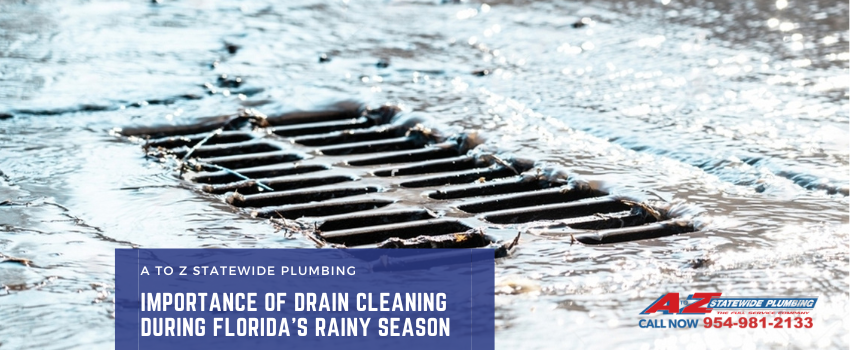From warm baths to hot water in the kitchen, the advantages of having hot water in your home are obvious. Even though the appliance can work really hard for you and your home to provide all the modern conveniences for a lot of years, this water-related appliance does occasionally need some water heater maintenance attention.
Storm drains give rainwater a place to go so it doesn’t flood your property. With all of the rain the South Florida area gets, these drains play an important role in protecting your property from flooding and serious water damage. Since debris can build up in them, especially after storms, you might need storm drain cleaning done
If you are looking for strong types to use for your home plumbing system, then you need to make sure you go with the right material. Traditionally, copper has been seen as the top choice for home plumbing systems. On the other hand, during the past few years, copper has been much to the side
As the rainy season rolls into South Florida, areas like Fort Lauderdale, Miramar, Pembroke Pines, Hollywood, and throughout Broward County often experience heavy rainfall and unexpected storms. While the rain brings relief from the summer heat, it can also bring about plumbing challenges for homeowners. Flooded yards, clogged drains, and overflowing gutters are just a
If you live in Fort Lauderdale, Miramar, Pembroke Pines, Hollywood, or anywhere in Broward County, you’re no stranger to Florida’s heavy rainy season. While the afternoon downpours can help cool things down, they can also wreak havoc on your home’s plumbing system—especially your drains. During this time, your drainage system is working overtime to handle
Tankless water heaters, also referred to as on-demand or instantaneous water heaters are powered by gas or electricity to rapidly heat water only as it is needed. The heaters have high-powered burners which heat water as it runs through a heat exchanger and exits towards the shower or kitchen faucets for use – without the need







